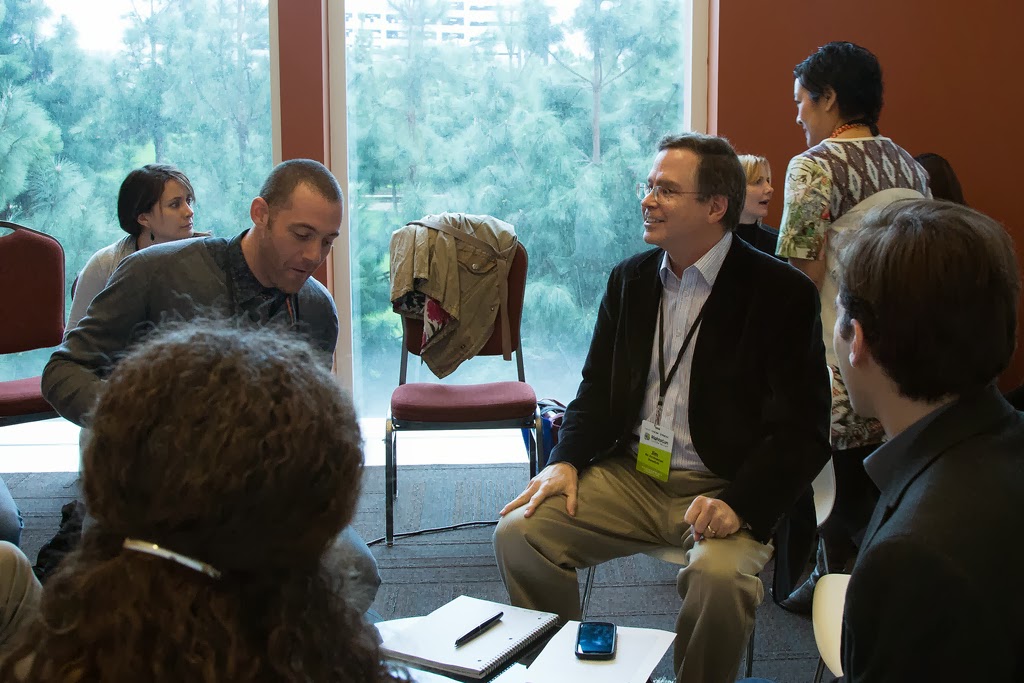New Ideas at TED2014
I just returned from a spectacular week at this year’s TED conference in Vancouver, Canada. TED gives me the chance to brainstorm with loads of people who gather to discuss ways to change the world through technology and design. Beyond debating the stimulating topics of major talks—such as Edward Snowden’s appearance by telepresence robot and t he response to it by Rick Ledgett , the Deputy Director of the NSA—I spent much of my time speaking about my favorite topic: technology for social good. Of course, that included getting new ideas for software for social good! Idea One: Tackle Indoor Pollution First, I sat down with the controversial Bjorn Lomberg , also known as the “ Skeptical Environmentalist .” Bjorn has gotten a lot of attention for his recommendations to combat climate change by focusing on improved humanitarian efforts. As an economist, he stresses the need to quantify the impact of humanitarian interventions: for instance, whether a certain effort will bring $59 of

